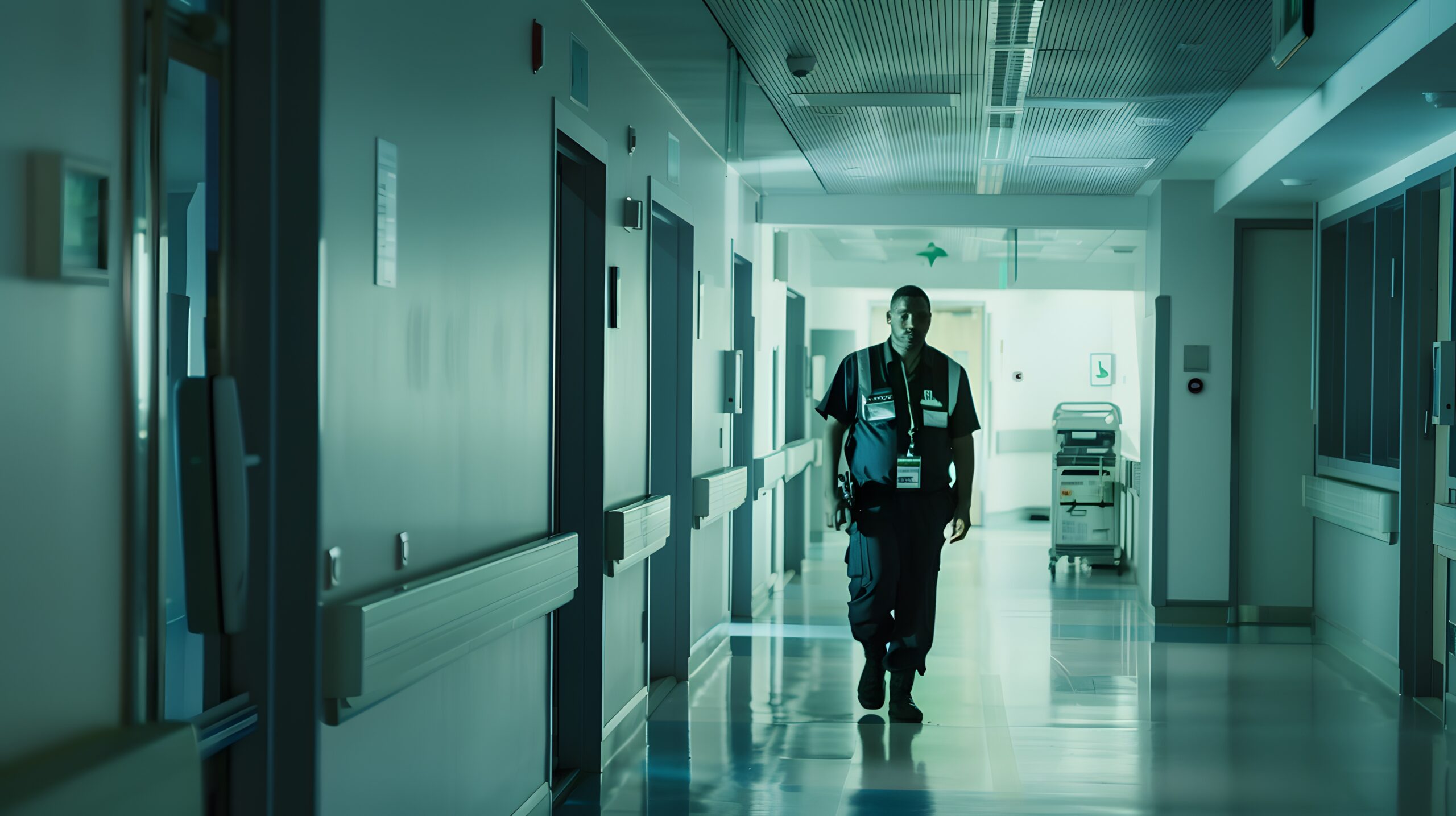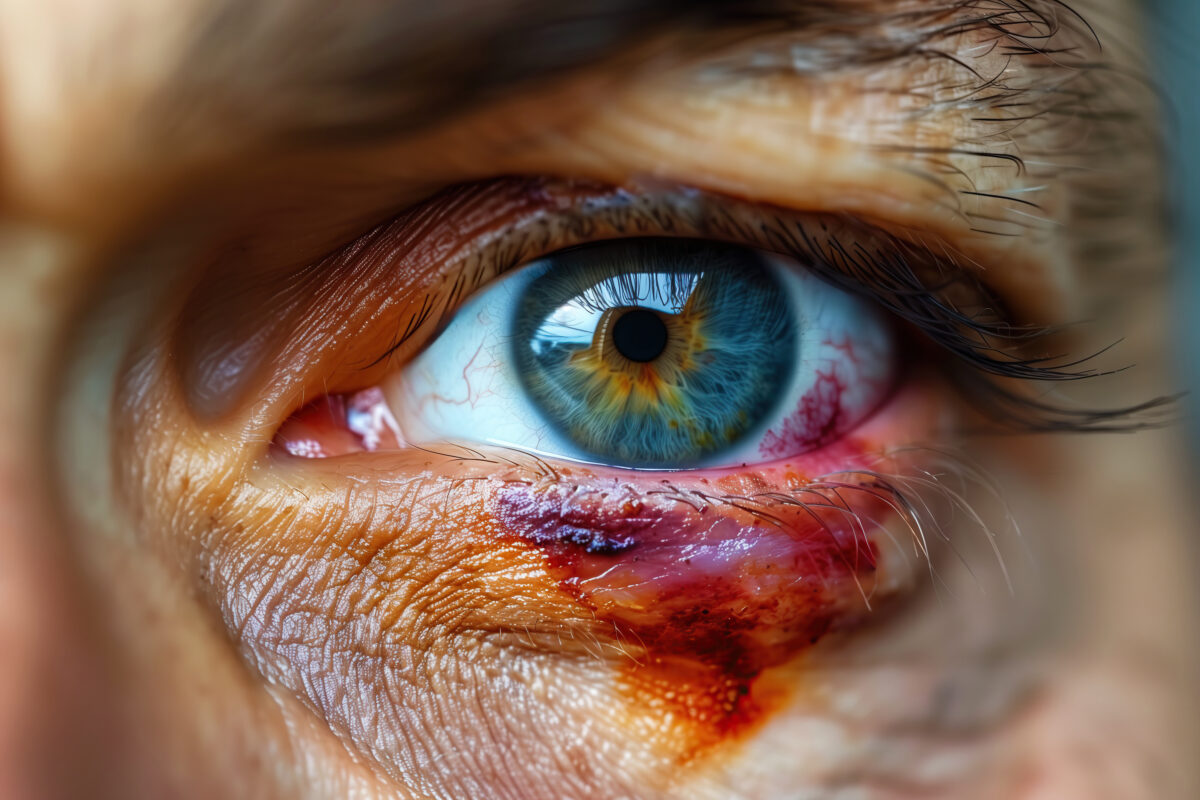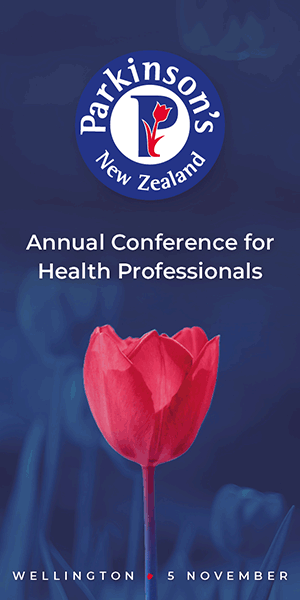It was early July, 2023, when a man was brought into our triage area in the emergency department via ambulance.
He had been discharged that morning but hadn’t picked up his prescription. I asked him what he needed — did he need help to get the medication? Had his condition worsened?
He got up from the ambulance stretcher and stood over me at the triage desk, spat in my face, called me derogatory names and threatened to kill me.
He took exception to my questions and started throwing items at me. I contacted security but they never arrived. The ambulance triage area is just an open space. He got up from the ambulance stretcher and stood over me at the triage desk, spat in my face, called me derogatory names and threatened to kill me.
My colleagues continued to try and contact security and the associate charge nurse managers — but after he raised his fist at me and said he was going to “rip my head from my body” and there was still nobody to stop him, I called 111.
The operator could hear him yelling at me through the phone and the patients in the waiting room were standing at the desk telling us to phone the police. A nearby police unit arrived at the same time as our security team and the associate charge nurse.
The whole thing felt like hours, but it was probably only a couple of minutes. The attending associate charge nurse actually suggested the patient could remain in the waiting room — I said no, he couldn’t. It turned out he had a long rap sheet of violence against women. He was arrested immediately and ended up being imprisoned for 14 months for threatening to kill.
Nurses are being gaslit into smiling through abuse and tolerating the intolerable.
A couple of days later, another man turned up with tonsillitis. It had been treated but he didn’t think it was getting better quickly enough. He told myself and another nurse he was going to “go home and come back and f**k us up and shoot us in the face with this gun”.
This time I didn’t even phone security, I called the police again. It turned out he had broken his bail conditions and there had been a warrant out for his arrest for over a year.
Our security team is stretched, covering the entire hospital. As far as I’m aware, there is not a designated security team for ED. Some of the guards think that it’s our fault and suggest that nurses need to be nicer to patients.
Nurses are being gaslit into smiling through abuse and tolerating the intolerable. These actions aren’t distress due to people being unwell and needing help, it is unprovoked aggression and abuse — people are walking in off the street calling us “f**king losers”.
We have all these signs up about zero tolerance to violence, we don’t accept violence in our workplace. It’s absolute bullshit.
If you spent a day with me in triage, you’d never come back. The threat always feels imminent — and now we have people with guns in Middlemore Hospital’s carpark. Perspex won’t stop a bullet.
We’ve had people arrive by ambulance saying they have weapons in their bags — they aren’t removed from the department. It’s incident after incident after incident — it’s just constant, all the time.

Now a Middlemore ED nurse has nearly been strangled to death and a Rotorua community health nurse stabbed — all in the past three weeks.
We nurses are put on a pedestal, we are told nursing is a vocation, but really that statement is a manipulation so we put up with poor working conditions, inadequate pay and now violence. There is no respect for us, for our safety.
We have all these signs up about zero tolerance to violence, we don’t accept violence in our workplace. It’s absolute bullshit. I’ve never seen management so apathetic about the behaviours we have to put up with.
I don’t want to hold my breath for another two decades and watch people get hurt.
Some nurses talk about safe staffing. This is not a safe staffing issue. Nurse-to-patient ratios have been an issue now for decades. I’ve been a nurse for 16 years. I don’t want to tie violence in the workplace to safe staffing, because I don’t want to hold my breath for another two decades and watch people get hurt.
So this — workplace violence — needs to be a separate, standalone issue.
We have trained security staff, but they are not always visible — sometimes they are doing hospital walkabouts or attending security calls in other parts of the hospital. There are supposed to be security guards standing at the front doors of triage, but this doesn’t always happen.
Our hospital is around 1000 beds, and our ED has 145 beds but will have up to 250-plus patients. So it’s not really achievable to have security covering it all, at least with current staffing. Our security is trying to manage what is also an untenable situation for them — there’s just not enough of them.
I’m also certain none of them applied for a security job at a hospital expecting to be shot at or stabbed either, so there’s probably fear from their side as well.

I’ve noticed lately when we put a call through to security, they question why we need them. I would hope that this question is related to resource management rather than their willingness to attend — I wouldn’t call them if I didn’t need help.
The cracks aren’t just beginning to show — they are now chasms.
We have increasing numbers of patients who exhibit violence, have behavioural concerns or substance abuse issues. In addition to this, mental health services are under-resourced and mental health clients are managed for extended periods in our department.
Zero tolerance?
Staff will only feel safer if this is based on an foundation of actually having zero tolerance to violence. Every form of violence, whether it’s verbal or physical, needs to be escalated to the leader of the area and there needs to be a solution in that moment.
And it can’t just be: “Oh, they’re patients and they need to be seen.” These are often people who are not critically ill, but have social issues — they have nowhere to stay. They’ll come into ED and kick off all of a sudden, then we try to get them to leave.
People don’t even want to come to our department anymore because it’s so dangerous.
Another thing I find extremely frustrating is the inequity in our profession’s tolerance to violence. Nursing is a female-dominated workforce — would we see a male-dominated workforce accept so much day-to-day violence?
We get picked on because we’re seen as smaller, weaker and probably won’t fight back. For me, that’s infuriating, because we’ve gone through the pay equity battle but our work environments are still not the same. Our current rate of remuneration definitely does not include loading for “danger pay”.
We nurses are put on a pedestal, we are told nursing is a vocation, but really that statement is a manipulation so we put up with poor working conditions.
Management attitude ‘disappointing’
The attitude from management needs to change. I think they would find that patient care would actually improve if we developed strategies to care for our staff — and if we had a debriefing process and a genuine zero tolerance to violence policy.
After the first incident, in 2023, I just went straight back to work. I wasn’t even taken off the floor. After it all happened, with a room full of waiting patients, I went back and triaged the rest. The only time I got to sit down was to give my statement to police — they didn’t even send me out on a break. It felt like there was no support, business as usual.
I’ve worked in some isolated places in the world, but had never felt as unsafe as I did that night.
I worked for another few weeks then ended up going on a long break to Australia. It took three months before I could come back.
Before I left, I emailed managers outlining the two incidents and my dissatisfaction with the level of response. Overall, the reply from management was positive and supportive but at the end of the day it was up to me to seek psychological support. And that was it, there was no debrief — I updated them when the men were sentenced, but basically by then it was long-forgotten.
I’ve worked in some isolated places in the world, but had never felt as unsafe as I did that night. The everyday violence and abuse we face is normalised, tolerated and minimised. The staff who I work with and police are supportive — but I have been overwhelmingly disappointed with the response from management.
Putting processes in place to manage these situations has fallen by the wayside as we struggle to keep the cogs of a busy under-resourced department turning. We are required to do more, with less. The cracks aren’t just beginning to show — they are now chasms.
Nearly two years on and I still see a counsellor and have a complex post-traumatic stress disorder diagnosis as a result of the incidents. It’s not really a nice thing to deal with — it doesn’t feel good. It feels a little like a failure — like I haven’t been able to manage a situation.
Most upsettingly, I know that I am just one of so many who have experienced the trauma of abuse in the workplace.
But the truth is no-one should be going to work every day worrying about being assaulted or killed.
* Abby is a senior emergency triage nurse at a major city hospital. Her last name has been withheld on request.
See also: Round-the-clock security needed in EDs, say emergency nurses.





